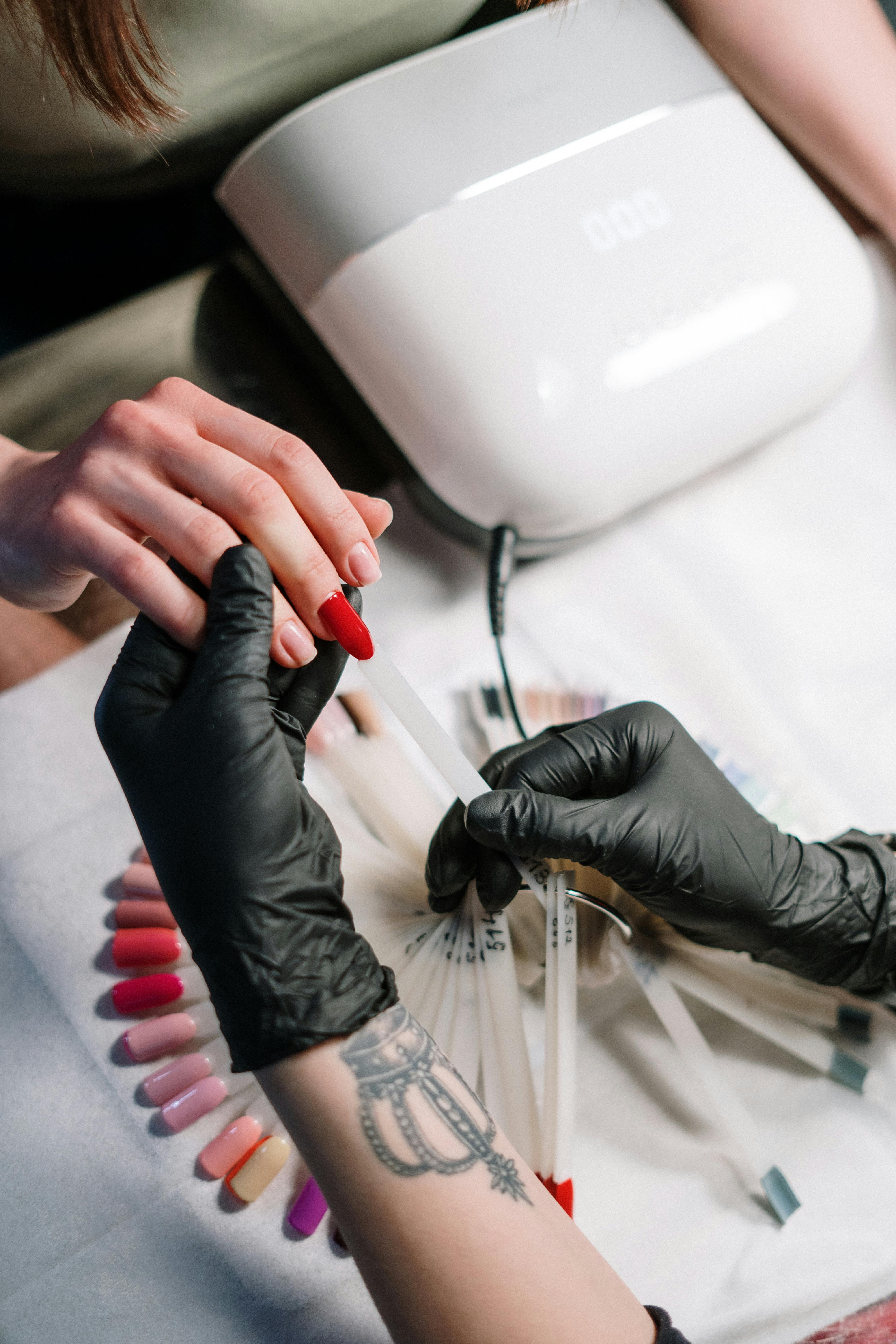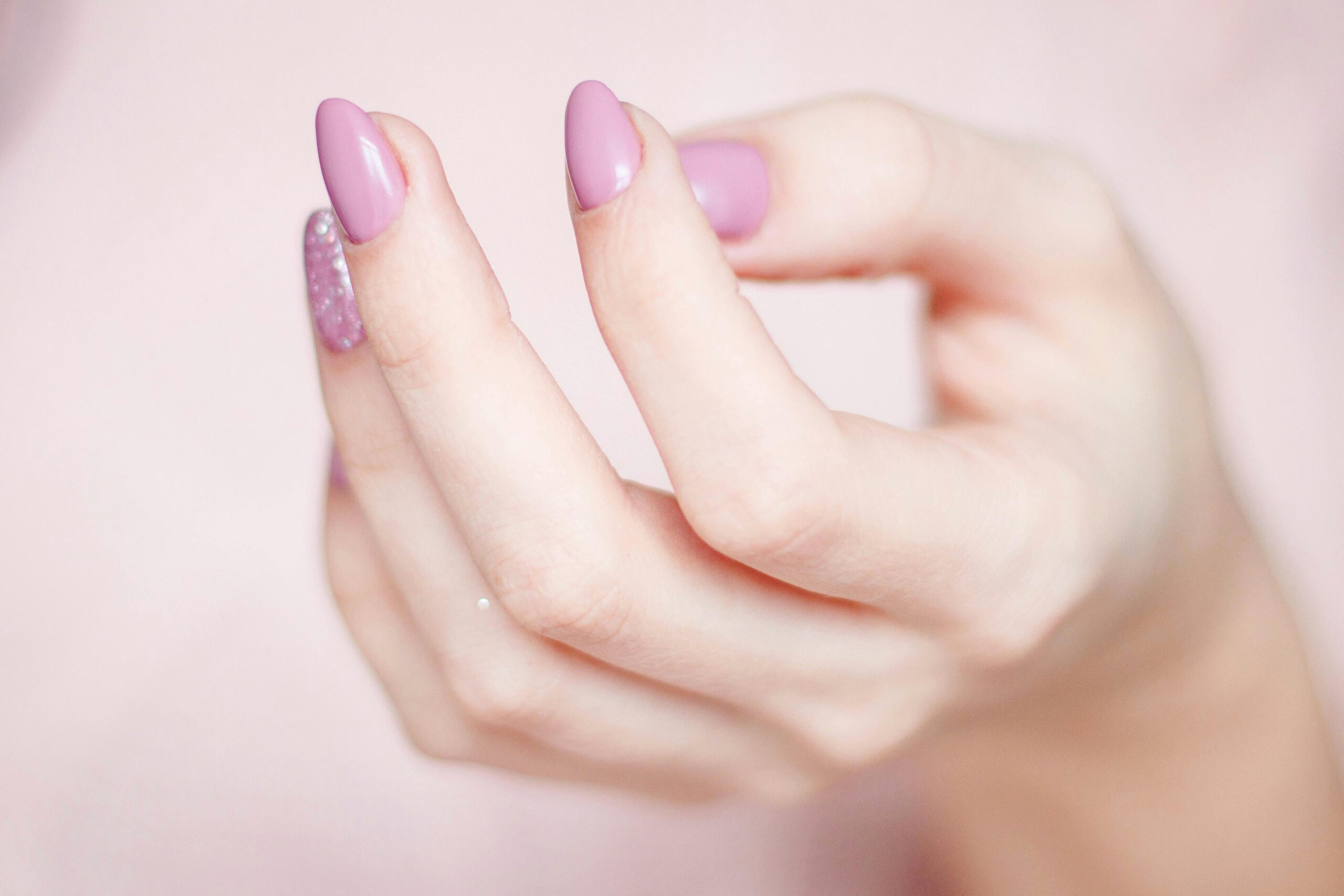Effective Strategies to Stop Biting Nails in 2025: Proven Tips to Overcome the Habit
Nail biting is a common habit that affects many individuals, from children to adults. It can be triggered by anxiety, boredom, or stress, and can lead to complications such as damaged nails and skin infections. Understanding the importance of overcoming this habit is essential for promoting nail health and overall well-being. In this article, we will explore effective ways to stop biting nails, offering a comprehensive roadmap of techniques and strategies to help break the cycle.
Benefits of addressing nail biting extend beyond aesthetics. Improved nail appearance can enhance self-esteem and boost confidence in social situations. Moreover, understanding the underlying triggers of nail biting can lead to healthier coping mechanisms. By adopting these tips to stop nail biting, you can achieve not only bite-free nails but also a healthier mindset.
This article will delve into key nail biting prevention strategies, behavioral techniques, and psychological approaches to help you manage and overcome this habit. Whether you seek self-help methods or professional recommendations, we’ve got you covered with practical insights and actionable advice.
Get ready to embark on a journey towards healthier nails and a more confident you!

Comprehensive Understanding of Nail Biting Causes and Solutions
Understanding Nail Biting Triggers
Nail biting often stems from various triggers, including anxiety, stress, or even sheer habit. By understanding these emotional triggers, individuals can better manage their urges. Journaling can be an effective self-help tool, documenting each instance of nail biting to identify patterns linked to anxiety or specific situations.
Recognizing the Impact of Nail Biting on Health
Habitual nail biting can lead to various health issues, such as infections, skin abrasions, and even dental problems. Awareness of these consequences can motivate individuals to seek effective nail biting cessation strategies, realizing the need to break the cycle for the sake of their overall health.
Examining Nail Biting in Children and Adults
Nail biting is not limited to adults; it is also prevalent among children. Identifying the underlying causes—such as peer pressure or family behavior—can help in developing parental strategies for addressing this habit. Techniques like discussing feelings with children can encourage them to express their emotions instead of resorting to nail biting.
Behavioral Techniques for Nail Biting Prevention
Behavioral techniques play a crucial role in overcoming nail biting. Strategies like habit reversal training—where individuals learn to substitute the action with a healthier alternative—can be extremely effective. Additionally, employing fidget tools or other tactile distractions can help control the impulse to bite nails.
Utilizing Professional Resources for Nail Biting Treatment
In some cases, seeking professional help for nail biting may be necessary. Cognitive Behavioral Therapy (CBT) is particularly effective in addressing compulsive behaviors, where a mental health professional can guide individuals through tailored strategies for controlling and ultimately overcoming their nail biting habits.
Building on these fundamentals, effective ways to manage nail biting continue to bridge the concepts of emotional analysis and practical strategies.
Behavioral Techniques and Mindful Strategies to Overcome Nail Biting
Incorporating Mindfulness Meditation into Your Routine
Mindfulness meditation can significantly aid in reducing anxiety, which is a primary trigger for nail biting. Regular practice enables individuals to develop greater awareness of their thoughts and feelings, making it easier to redirect impulses towards nail biting towards more productive habits. By dedicating time each day to mindfulness practices, such as deep breathing or visualization, individuals can foster a sense of calm that deters the urge to bite their nails.
Establishing Nail Care Routines to Deter Biting
Implementing a nail care routine is an essential nail biting solution. Regularly polishing nails or applying a bitter-tasting nail polish can serve as a deterrent. Keeping nails trimmed short also makes it less appealing to bite, reducing the likelihood of engaging in the habit when anxious or bored.
Exploring Alternative Habits to Replace Nail Biting
Finding alternative habits to replace nail biting can be beneficial. Stress balls, fidget spinners, or other sensory tools can effectively manage anxiety and help redirect nervous energy. Engaging in activities that keep the hands occupied, such as knitting or drawing, can also serve as constructive distractions from the urge to bite nails.
Utilizing Positive Reinforcement to Encourage Change
Positive reinforcement involves rewarding oneself for achieving nail-biting-free milestones. Celebrating small victories builds motivation and strengthens the resolve to maintain this success. Simple rewards—like treating oneself to a spa day or a new nail polish—can solidify positive behavior and encourage adherence to healthy habits.
Tracking Progress and Maintaining Awareness
Using habit tracking apps can provide valuable insights into when and how often you bite your nails. This awareness can be pivotal, allowing individuals to anticipate and prepare for situations that may prompt nail biting. Concurrently, integrating journaling habits can deepen understanding of emotional triggers, paving the way for effective coping and management strategies in the long run.

Psychological Approaches and Treatments for Nail Biting
Cognitive Behavioral Therapy: A Proven Strategy
Cognitive Behavioral Therapy (CBT) is a highly effective domain of nail biting therapies. By challenging negative thought patterns associated with nail biting, individuals can develop healthier coping techniques. A trained therapist can guide the exploration of emotional hurdles linked to the habit, empowering individuals with tools to combat it effectively.
Engaging in Relaxation Techniques for Stress Relief
Stress relief is a core element in addressing nail biting. Techniques such as yoga, guided imagery, and progressive muscle relaxation can cultivate a sense of calm. Reducing overall stress levels can diminish the need to resort to nail biting as a coping mechanism and foster healthier emotional responses.
Exploring the Role of Support Groups in Overcoming Nail Biting
Support groups provide a sense of community for those grappling with nail biting. Sharing experiences and strategies with others who understand the journey can create an encouraging atmosphere. This collective approach reinforces the idea that individuals are not alone in their struggle and can significantly enhance commitment to quitting.
Utilizing Self-Hypnosis Techniques In Treatment
Self-hypnosis can offer profound psychological insights into overcoming compulsive nail biting. By accessing the subconscious mind, individuals can redirect their focus and challenge underlying beliefs that sustain the habit. Engaging in scripts tailored toward nail biting cessation can empower individuals to visualize success and reinforce positive behavior patterns.
Essential Cognitive Strategies for Nail Biting Cessation
Applying cognitive strategies for nail biting cessation involves reframing negative thoughts that contribute to the habit. By acknowledging and transforming self-critical dialogues into empowering affirmations, individuals can initiate changes in mindset surrounding nail aesthetics and self-worth. Such shifts are crucial for breaking the cycle of compulsive nail biting.
Common Questions and Answers Regarding Nail Biting
What Are the Main Causes of Nail Biting?
The main causes of nail biting include anxiety, stress, boredom, and habit. Recognizing individual triggers can significantly enhance the understanding of why one may resort to this habit frequently.
How Effective are Behavioral Techniques for Nail Biting?
Behavioral techniques can be highly effective as they help individuals understand their triggers and provide practical alternatives to biting nails. Techniques like habit reversal training or engaging fidget tools can redirect the nervous energy associated with the habit.
Can Professional Help Really Make a Difference?
Yes, seeking professional help can be impactful. Therapists trained in Cognitive Behavioral Therapy can assist individuals in developing tailored strategies to combat nail biting. They offer a supportive environment to explore the issues at the root of the habit.
What Role Does Nail Care Play in Preventing Biting?
Nail care is crucial in deterring nail biting. A consistent nail care routine, including keeping nails trimmed and polished, can reduce temptation and promote nail health, making it less appealing to bite.
How Can Tracking Nail Biting Help in Overcoming the Habit?
Habit tracking allows individuals to analyze patterns related to their nail biting, helping to identify triggers and progress over time. Awareness created through journaling and apps can enhance motivation and commitment to stopping.
This roadmap to overcoming nail biting invites a comprehensive approach involving awareness, behavioral shifts, and consistent support. With these strategies, anyone can stop biting nails and embrace healthier habits for life.
